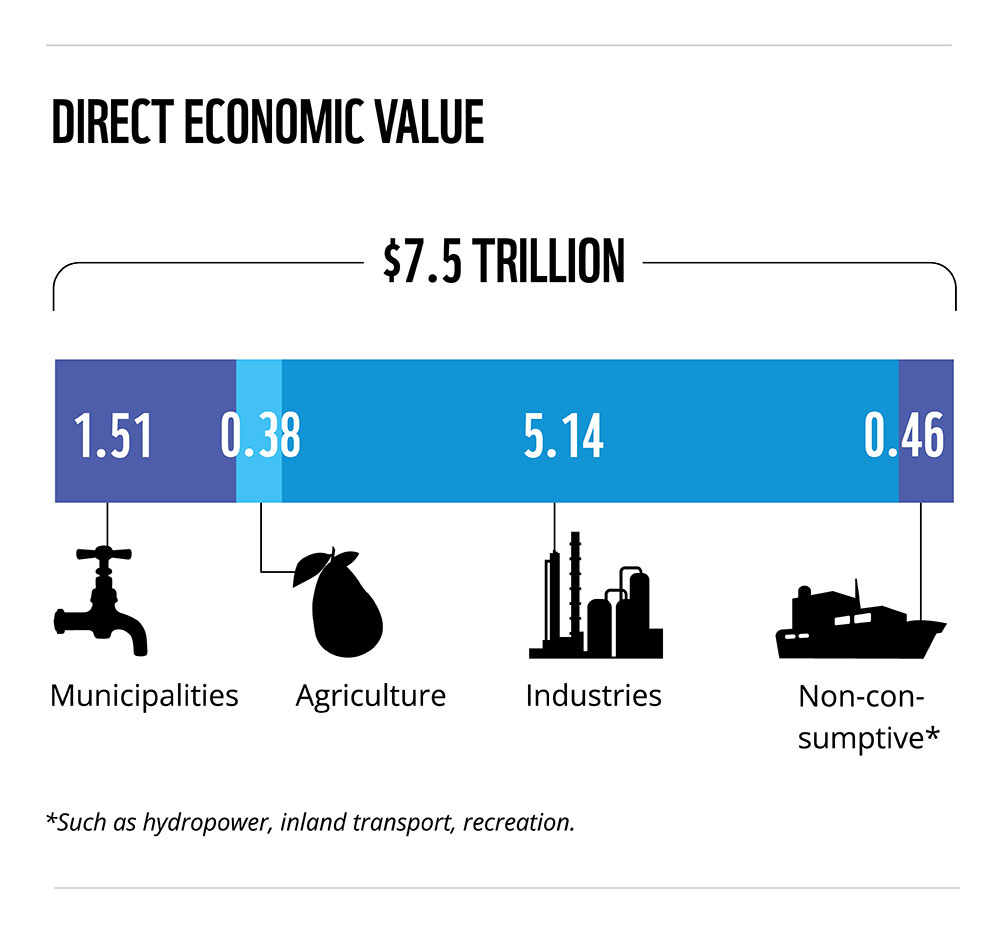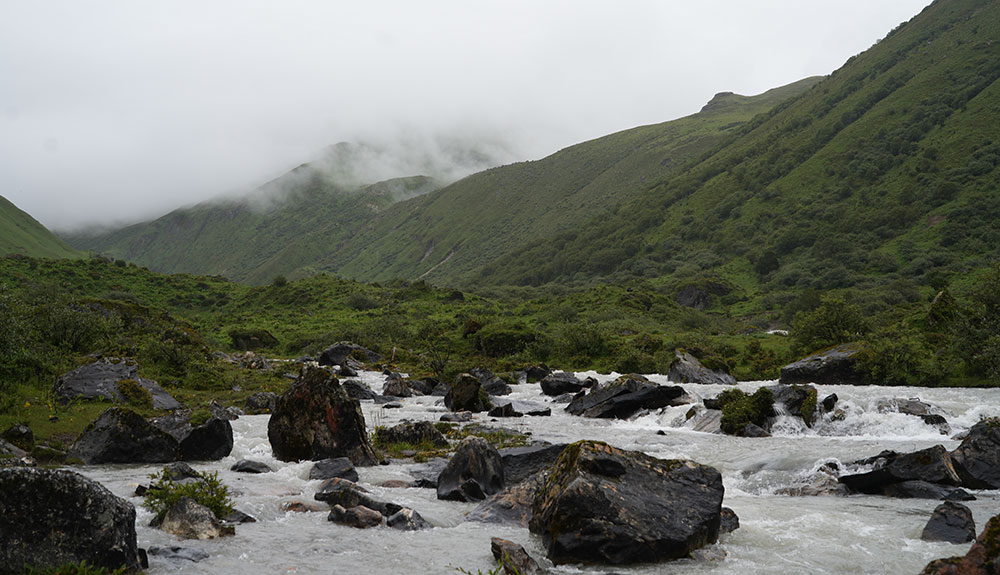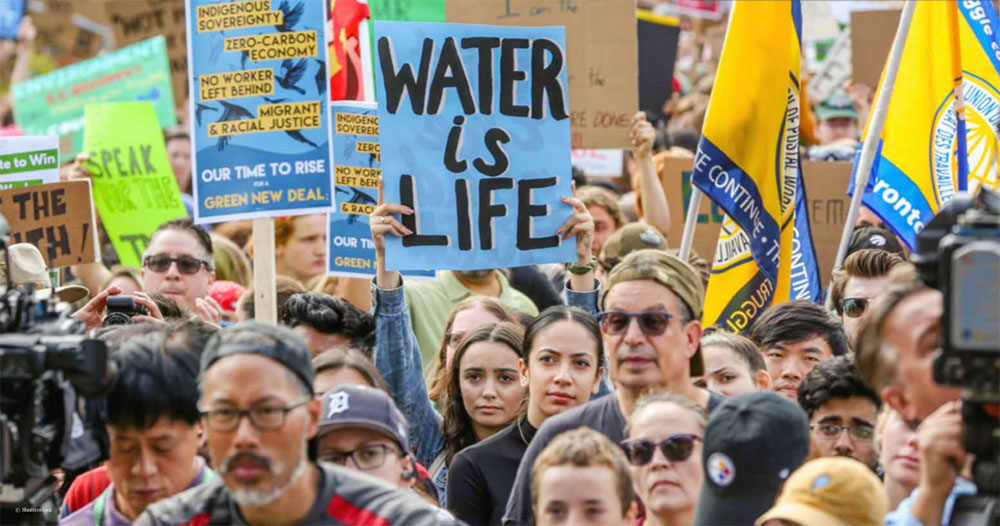YK Poudel
Water—the world’s most precious yet undervalued resource—grapples with a mounting global crisis in economic value, food security and sustainability threatening human and planetary health, according to a report, published yesterday by WWF.
The report also outlines the degradation of rivers, lakes, wetlands and aquifers threatening the economic value and role in sustaining human and planetary health.
Released on World Food Day, “The High Cost of Cheap Water” reveals that the annual economic value of water and freshwater ecosystems is estimated to be US Dollar 58 trillion, equivalent to 60 percent of global Gross Domestic Product (GDP).


However, the world’s freshwater ecosystems are in a downward spiral, posing risk to these values.
Bhutan is a water-rich nation with per capita availability of 94,508 cubic metres per person. Over 90 percent of water is used in the agriculture sector that employs over 60 percent of the rural population.
The government has made Nu 527.21 million investment for the water flagship programme since 2019.
According to the press release from WWF Bhutan, about 99 percent of electricity generated through hydropower is one of the highest revenue earners for the country.
WWF International’s director general, Dr Kirsten Schuijt, said that water is one of the cornerstones upon which our shared future stands. “The report shows the staggering underlying value of water and freshwater ecosystems to our global economy and environment.”

She said that healthy rivers, lakes and wetlands are essential for water and food security, adapting to climate change and sustaining biodiversity, but they also provide priceless cultural and spiritual values that are vital to people’s well-being worldwide.
“Resourceful investment in protecting and restoring the freshwater ecosystem is crucial to ensure that we build a future where water flows in abundance for all,” she said.
According to director general of Food and Agriculture Organization, Dr QU Dongyu, said that rapid population growth, urbanisation, industrialisation, economic development, and climate crisis have made a major impact on water resources. “Good governance and sustainable water allocation through an integrated approach with relevant partners is vital.”
The director general calls for water governance, water pricing and incentive measures to drive change— to ensure equitable access to clean and safe water.
Globally, poor water management and the destruction of freshwater ecosystems, among others, have left billions of people lacking access to clean water and sanitation which is expected to worsen by 2050.
The number of people facing water shortage has been increasing, affecting food security. Increasing pollution has exerted economic pressures, undermining global efforts to reverse nature loss and to adapt to the worsening impacts of climate change.
Since 1970, the world has lost one-third of wetlands and freshwater. Consequently, wildlife populations have, on average, dropped by 83 percent.


